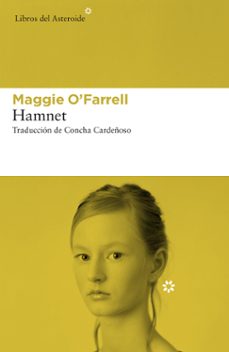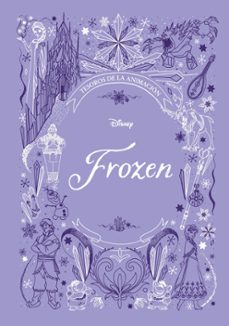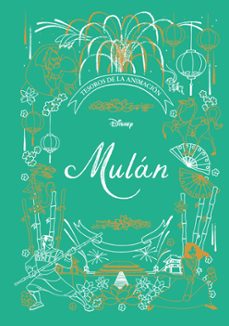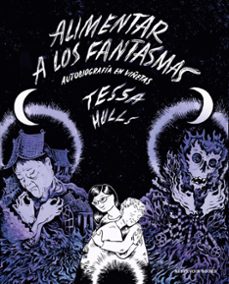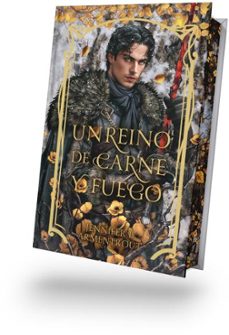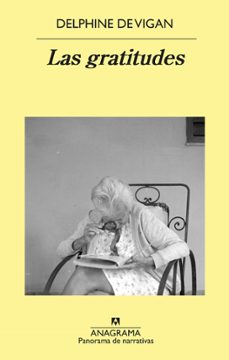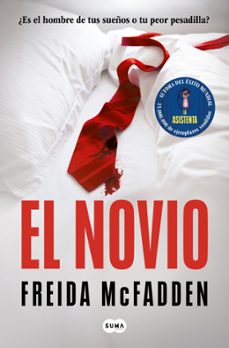📗 Libro en inglés A TERRIBLE BEAUTY: THE PEOPLE AND THE IDEAS THAT SHAPED THE MODER N MIND
PHOENIX PRESS- 9781842124444
Sinopsis de A TERRIBLE BEAUTY: THE PEOPLE AND THE IDEAS THAT SHAPED THE MODER N MIND
Terrible Beauty presents a unique narrative of the twentieth century. Unlike more conventional histories, where the focus is on political events and personalities, on wars, treaties and elections, this book concentrates on the ideas that made the century so rich, rewarding and provocative. Beginning with four seminal ideas which were introduced in 1900 - the unconscious, the gene, the quantum and Picasso''s first paintings in Paris - the book brings together the main areas of thought and juxtaposes the most original and influential ideas of our time in an immensely readable narrative. From the creation of plastic to Norman Mailer, from the discovery of the ''Big Bang'' to the Counterculture, from Relativity to Susan Sontag, from Proust to Salman Rushdie, and Henri Bergson to Saul Bellow, the book''s range is encyclopedic. We meet in these pages the other twentieth century, the writers, the artists, the scientists and philosophers who were not cowed by the political and military disasters raging around them, and produced some of the most amazing and rewarding ideas by which we live. Terrible Beauty, endlessly stimulating and provocative, affirms that there was much more to the twentieth century than war and genocide.
Ficha técnica
Editorial: Phoenix Press
ISBN: 9781842124444
Idioma: Inglés
Número de páginas: 844
Tiempo de lectura:
17h 34m
Encuadernación: Tapa blanda
Fecha de lanzamiento: 14/04/2005
Año de edición: 2001
Plaza de edición: London
Alto: 23.0 cm
Ancho: 15.0 cm
Especificaciones del producto
Escrito por Peter Watson
Peter Watson nació en 1943, es historiador y periodista. Estudió en las universidades de Durham, Londres y Roma. Fue nombrado editor de New Society y formó parte durante cuatro años del grupo «Insight» de The Sunday Times. También ha sido corresponsal de The Times en Nueva York y ha escrito para The Observer, The New York Times, Punch y The Spectator. Es autor de trece libros, entre los que destacan Historia intelectual del siglo XX (Crítica, 2004), Ideas. Historia intelectual de la humanidad (Crítica, 2008), La gran divergencia (Crítica, 2012), La edad de la nada (Crítica, 2014) y Convergencias (Crítica, 2017); y ha presentado diversos programas de televisión sobre arte. Desde 1998 es asociado de investigación en el McDonald Institute for Archaeological Research, en la Universidad de Cambridge.
Descubre más sobre Peter Watson Recibe novedades de Peter Watson directamente en tu email
Opiniones sobre A TERRIBLE BEAUTY: THE PEOPLE AND THE IDEAS THAT SHAPED THE MODER N MIND
¡Sólo por opinar entras en el sorteo mensual de tres tarjetas regalo valoradas en 20€*!



